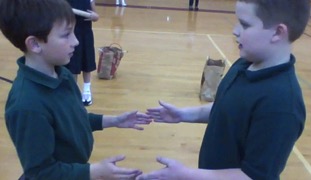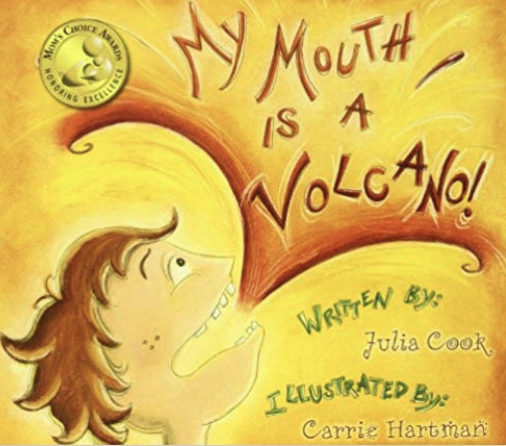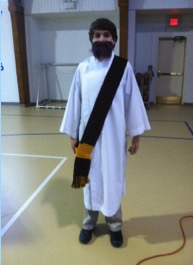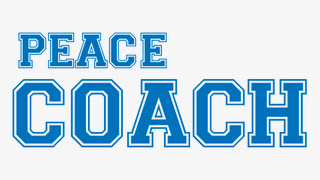Content
For Teachers, Peace Coach is a Social Emotional Learning Curriculum with written and supplemental Video instructions.
For Parents, Peace Coach is a collection of the individual skills a parent can practice with their child on their own.
We make it easy, not just giving general instructions, but giving you the exact lines to say each day for all of these 9 topics:
Everyday Conflict Resolution
I can let it go.
I can handle it myself.
I need adult help.
Bully Prevention
Bully Behavior
Torment of Targets
Bystanders
Social Skills
Empathy
Including Others
Personal and Group Manners

Each Topic Has
- a one-page lesson for children in grades K-5. (With an ‘assistant coach’ lesson occasionally, where the oldest students of your school help the youngest students.)
- a one-minute skill to practice daily.
- a cartoon picture for reinforcement.
- a corresponding skit that can be shared in an assembly or video
.
Many have a corresponding game in PE
Many have a corresponding song or a book

True Stories
The content for Peace Coach is from the common, real needs of children, mostly observed in a school setting, but applicable to many others.


Children's Books
A dozen select children’s books, like “My Mouth is a Volcano”, are an integral part of the Peace Coach program. Most schools order books, just add some peace ones to the list.
Christian Schools
Christian schools have the added option of skits that include Jesus and the “12 Fruits and 7 Gifts”.

Summary of a Sample Lesson for Grade 1 and their Assistant Coaches
“Giving AID, Showing Empathy”
The head coach (teacher) talks to their class about how they feel when they get hurt and no one does anything. He/She draws out three things we would like to hear, “Are you okay? I’m sorry. Do you need anything?” This is known as “AID.” (“Do you need anything?” is key here. A different tone of voice takes place and the student stays to see if something is needed.)
To get the point across, he/she employs the assistant coaches (students from an older grade) to make a booklet of 4 or 5 nursery rhymes for each first grader. Each nursery rhyme should be changed to end with, AID – “Are you okay? I’m sorry. Do you need anything?” For example:
Jack and Jill went up the hill to fetch a pail of water, Jack fell down and broke his crown, and Jill said, “Are you okay? I’m sorry. Do you need anything?”
Upon completion, the assistant coaches read their booklets, one on one, to the first graders, with the first graders repeating the last “AID” phrases. This activity helps them become familiar with the vocabulary and empathy.
For the next 21 days, the teacher reads one of the nursery rhymes to the class, with all of them saying the “AID” response together. This repeated verbal practice makes it more likely the children will use the words in a real life situation when someone is hurt.
Building on this lesson in subsequent grades:
- Grade 2 will be doing simple skits where they act out offering “AID.”
- Grade 3 will play “Empathy Charades.”
- Grade 4 will read “Stand in My Shoes” by Bob Sornson.
- Grade 5 will discuss and practice the two kinds of “I’m sorry.”
